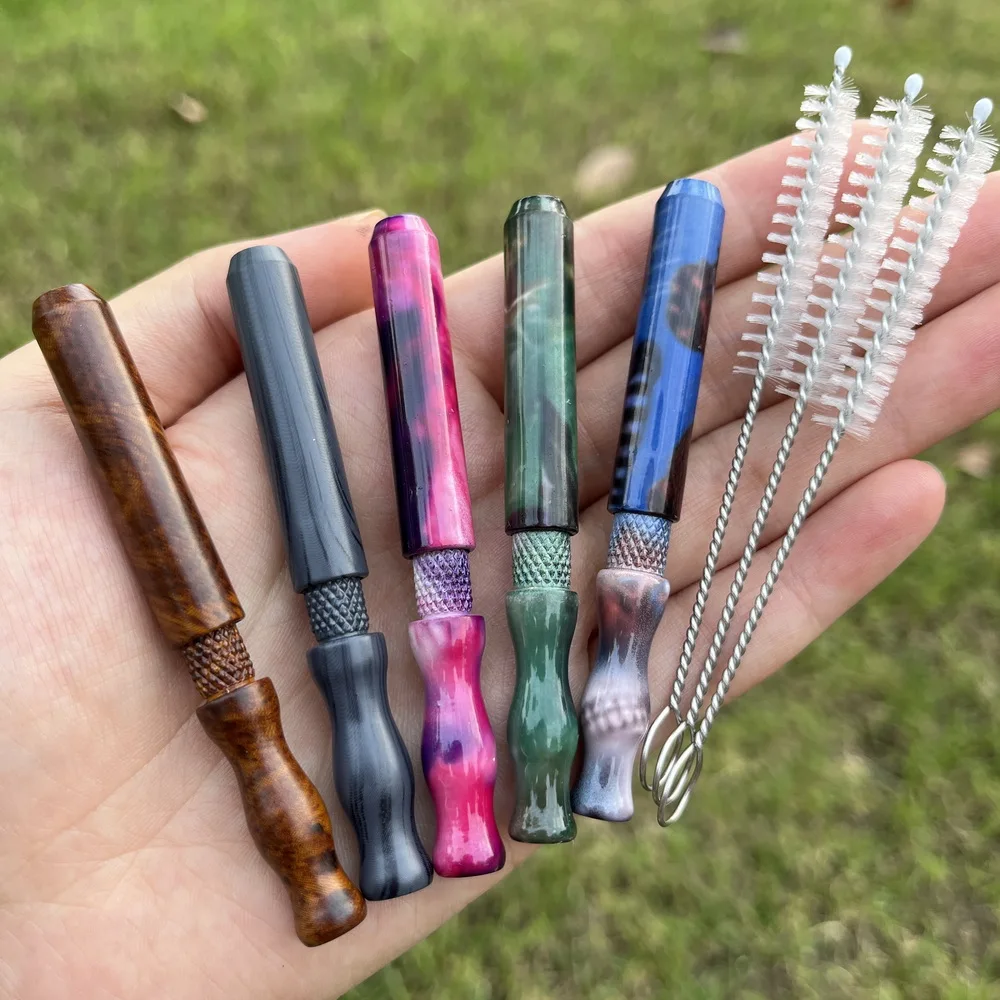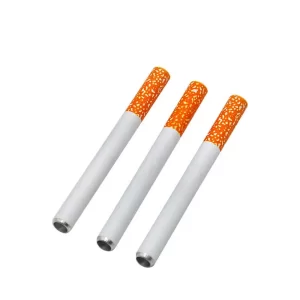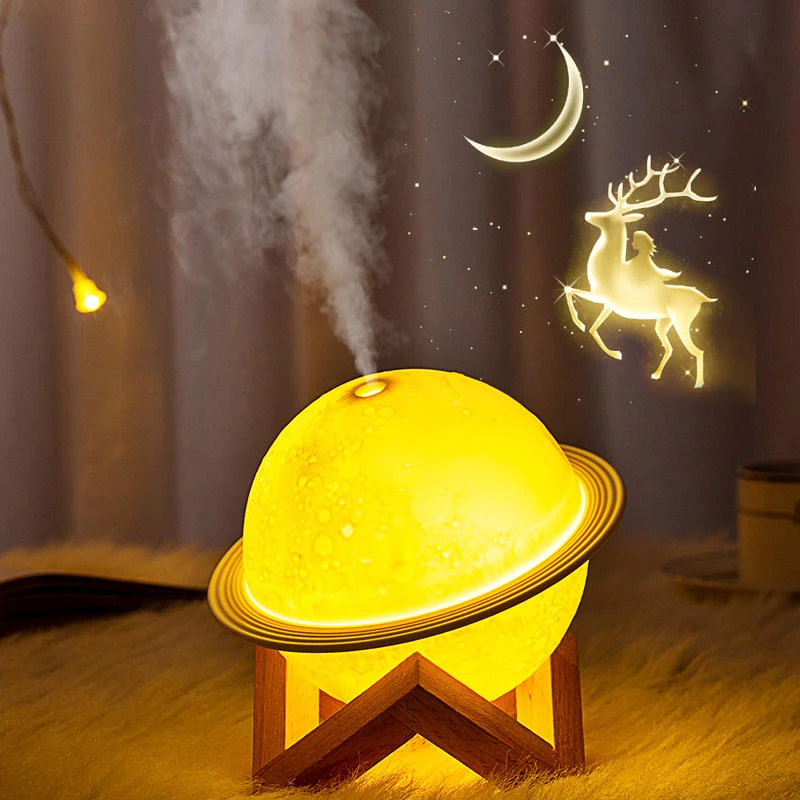Surprisingly, many of the countries that today have the strictest drug policies also hide a history where those same substances were of great cultural significance. For example, Japan once boasted a thriving hemp industry; today, cannabis use carries serious legal and moral penalties. Weed users face a confusing and dangerous political landscape, as well as a deep social stigma.
So, what’s the legal status of the plant in Japan? While medical cannabis is technically legal, a system to endorse it still has to be implemented. As for adult use, this is one of the few countries that, in addition to prohibiting the possession, cultivation, and sale of cannabis, also penalizes consumption. You read that right: in Japan, the simple act of smoking a joint can carry a sentence of up to 7 years in prison.
Remarkably, neither strict regulations nor public shaming and exposure seem to have deterred part of the population from using cannabis. Quite the contrary: arrests related to the plant have been increasing in recent years.
So, it’s worth asking: why do people continue to smoke weed in Japan? Why risk spending almost a decade behind bars (not to mention the enormous social stigma) for a simple joint?
These were the questions that led Dr. Yuji Masataka‘s team, a member of the Japanese Clinical Association of Cannabinoids (JCAC), to conduct this research, published in Drug Science, Policy and Law. We spoke directly with Dr. Masataka, who has an interesting track record in cannabis education in the country, with projects like Green Zone Japan under his belt.
Why do you smoke weed? Japanese people answer
This isn’t the first time Dr. Masataka’s team has embarked on this line of research. In 2021, they conducted a survey with more than 4,000 responses from Japanese cannabis users—the largest cross-sectional study of its kind ever conducted there. It was from these results that they concluded “the actual health risks associated with cannabis use may not be as high as widely assumed,” explains Masataka.
To delve deeper into the issue, the researchers conducted a series of interviews that would become the Smoker’s Story Project. Inspired by Paul Auster’s National Story Project, “we aimed to collect and share individual stories on a public website,” explains Masataka. “While each account was personal and unique, we believed that compiling them would begin to reveal a broader picture of cannabis use in Japan.”
And indeed, it did. The current research project features interviews with 64 Japanese people (39 men and 25 women) over the age of 20. While this sample may seem small and is not meant to be representative, it is larger than the researchers expected. “We were initially concerned that people would be hesitant to speak about their illegal behavior—but to our surprise, more participants volunteered than we had expected,” Masataka admits. “We believe this was largely due to the trust we had built within the community through our ongoing public education work under Green Zone Japan since 2017.”

Most participants shared that they were introduced to the plant through friends or close associates, largely out of curiosity. Despite initial anxiety or mistrust, firsthand experience quickly demonstrated the low risk associated with cannabis: in fact, many came to view it as less dangerous than tobacco or alcohol. On the other hand, this initial exposure often occurred “in the context of psychological distress or adverse life experiences,” such as bullying, abuse, strained family relationships, or work-related stress.
However, continued weed use is related to a broader range of factors. The pleasurable psychoactive effects and relaxation are strong motivations, but many also admitted to using the plant to improve their physical and mental health. Relief from anxiety, stress, depression, or pain was a highly reported motivation in the sample.
Likewise, some people turned to cannabis as a form of self-treatment, for example to stimulate appetite. Others even substituted other substances (such as prescription medications or alcohol) with marijuana. This point is particularly interesting, as the use and abuse of over-the-counter and/or prescription medications has become a public health concern in Japan. These anecdotal reports add to the growing evidence that cannabis can serve as a replacement for these drugs (which are objectively more dangerous and not always effective against symptoms), or as a harm reduction tool.
Additionally, those surveyed mentioned a wide range of benefits that go beyond mental health in its strictest sense, more linked to well-being, self-care, and personal development. The increased creativity, motivation, and enhanced sensory perception brought on by weed helped many function better in personal or professional settings. Others use it as a tool to promote emotional growth and enrich both their inner world and everyday experiences.
Its use was also reported to alleviate difficult or stressful emotional situations (parenthood was mentioned in some cases). Shy individuals, meanwhile, reported improvements in their ability to communicate, connect, relax, and feel confident thanks to the plant. Several respondents also attributed it to “fostering a more compassionate and optimistic mindset.” All of these factors help manage the stress of today’s world, improving quality of life.
“Cannabis users in Japan are often reduced to stereotypes, but their actual reasons for using are complex, personal, and deeply human,” reflects Masataka. “Our research gives them a voice and shows why people continue to use cannabis even under such harsh laws.”
Of course, the plant is not exempt from unpleasant side effects (such as dry mouth or fatigue), but the interviewees generally found them of little concern. In fact, the “gateway drug” hypothesis—the idea that using marijuana will inevitably lead to harder drugs—was roundly rejected. What’s more: for these participants, the most negative factor about cannabis is simply its illegality.
What a Paradox: Japan, Marijuana, and Health
As previously mentioned, cannabis’ current situation in Japan is relatively new. Until less than 100 years ago, says Dr. Masataka, hemp cultivation was deeply rooted in cultural and agricultural traditions, used for textile and religious purposes. It wasn’t until World War II that prohibitionist policies were adopted, courtesy of US occupation forces (along with a host of other measures and practices that continue to harm the Japanese people to this day).
“Over time, this law [the Cannabis Control Act], combined with aggressive anti-drug campaigns—transformed cannabis in the public eye from a traditional crop into a symbol of criminality and moral decay,” the doctor explains.
In Japan, drug use is still viewed as a moral failing rather than a public health issue. “Media coverage and government messaging tend to lump all drugs under a single banner of danger,” Masataka explains. “As a result, cannabis users face not only legal consequences but also deep social stigma. However, we are starting to see a slow shift in public discourse. There is growing interest in distinguishing medical use from recreational use, especially as global trends evolve.”
In fact, one of the study’s most revealing findings is the enormous gap between the Japanese government’s prohibitionist rhetoric and reality. Currently, cannabis education provided by authorities comes across as extremist, not to mention outright false. Thus, the research highlights the discrepancy between the stereotypes about cannabis users promoted by drug education and the experiences of actual users.
Current drug education is plagued with claims such as “a single use can lead to dependence,” according to the research. 100% of the testimonies received agree with the overwhelming evidence accumulating against this rhetoric.
In fact, as Dr. Masataka explains, “there has been very little research on whether cannabis use actually causes harm to users’ health.”
It should be noted that this situation poses several problems. On the one hand, people may underestimate the risks that do exist around substance use. Indeed, informed and responsible use is always safer than clandestine and blind consumption.
On the other hand, fear of repercussions can lead them to not inform their healthcare professionals about their use. According to the study, some patients have paused prescribed treatments without informing their doctors, not to mention the fact that cannabinoids can interact with certain medications. Therefore, informed support is crucial.
Properly educating the medical and scientific community will help protect the population from the real risks, not only of drugs, but also of ignorance. This is why the study advocates for establishing “legitimate pathways for medical cannabis use,” and sharing data on said use to “improve patient-centered care and contribute to the development of more effective, evidence-based healthcare services.”
What’s more, biased misinformation spread by authorities not only undermines the health (and, why not, the intelligence) of the population: it also erodes public trust in institutions, as stated by the research.
How the Future of Cannabis in Japan Could Be Different
The team behind the study hopes that their findings “help foster better public understanding and spark meaningful discussions about cannabis use and policy in Japan.”
“By highlighting that many users turn to cannabis for self-care, stress relief, or symptom management—often in the absence of other accessible options—we hope policymakers will recognize the need to create safe, legal, and medical frameworks to support those needs,” says Masataka. “Our long-term goal is to reduce harm by replacing criminalization with compassionate, evidence-based approaches.”
It’s also worth noting that Japan is amidst an unprecedented mental health crisis. While not a particularly original development (the number of countries or regions in the same situation does nothing but increase), the country’s suicide rate is one of the highest in the world.
The experiences shared by users (as well as research from around the world) strongly suggest that marijuana could help with this situation. Furthermore, let’s remember the plant serves as an alternative to addictive opioids, which are a serious problem in Japanese society. In this context, the Japanese government seems to be shooting itself in the foot.
But all is not lost. According to Dr. Masataka, several measures could improve the situation. First, it is essential to introduce medical cannabis frameworks to ensure safe and legal access for patients. The doctor also advocates reforming criminal penalties for simple possession and use, focusing on harm reduction rather than punishment. It is also imperative to promote public education “based on science, not fear, so that people can make informed decisions.”
Fortunately, such an approach is gaining popularity among political actors around the world, and while it continues to encounter resistance among more conservative sectors, the infamous War on Drugs seems to have its days numbered.
This article was first published on El Planteo.




























